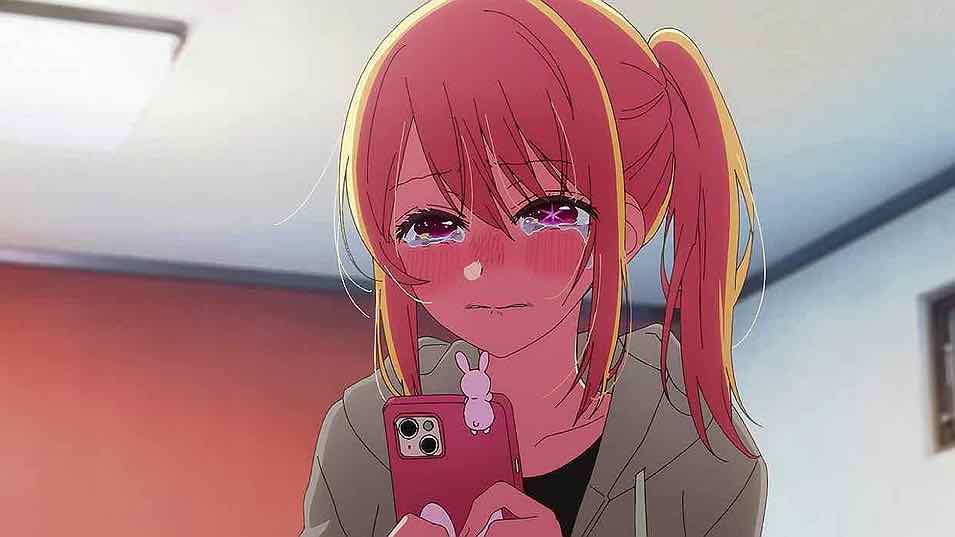 It’s fair to say I went into this episode flying as blind as you realistically can having just watched 90 minutes of a series. That this episode would represent a complete tonal shift was a given, but not having read the manga I had no firm idea of what that might actually looks like. In the end the result wasn’t too far off what I had imagined, but it still leaves me with a lot of unanswered questions. In a vacuum this episode was still quite good, but it’s the answers to those questions which will determine whether Oshi no Ko is a series I can commit to in any sense.
It’s fair to say I went into this episode flying as blind as you realistically can having just watched 90 minutes of a series. That this episode would represent a complete tonal shift was a given, but not having read the manga I had no firm idea of what that might actually looks like. In the end the result wasn’t too far off what I had imagined, but it still leaves me with a lot of unanswered questions. In a vacuum this episode was still quite good, but it’s the answers to those questions which will determine whether Oshi no Ko is a series I can commit to in any sense.
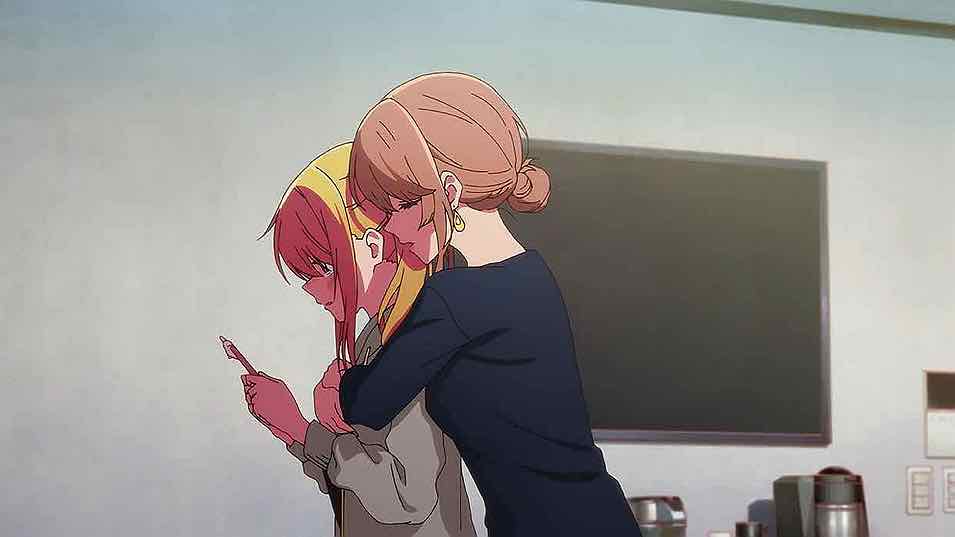 As teased at the end of the prologue, we time skip a decade or so, to find Aqua and Ruby in their final year of junior high. Ruby (Igoma Yurie) starts off as the POV character, but that’s fairly short-lived. She’s grown up, as expected, obsessed with following in her mother’s footsteps. Aquamarine (Ootsuka Takeo) is horrified by this and bound and determined to prevent it. So much so that he scotches an idol competition Ruby has gotten to the finals of by sending a withdrawal text from her phone and calling her posing as the guy rejecting her. Meanwhile. Ichigo has dropped out of sight and Miyako is managing Strawberry (now totally out of the idol game) on her own.
As teased at the end of the prologue, we time skip a decade or so, to find Aqua and Ruby in their final year of junior high. Ruby (Igoma Yurie) starts off as the POV character, but that’s fairly short-lived. She’s grown up, as expected, obsessed with following in her mother’s footsteps. Aquamarine (Ootsuka Takeo) is horrified by this and bound and determined to prevent it. So much so that he scotches an idol competition Ruby has gotten to the finals of by sending a withdrawal text from her phone and calling her posing as the guy rejecting her. Meanwhile. Ichigo has dropped out of sight and Miyako is managing Strawberry (now totally out of the idol game) on her own.
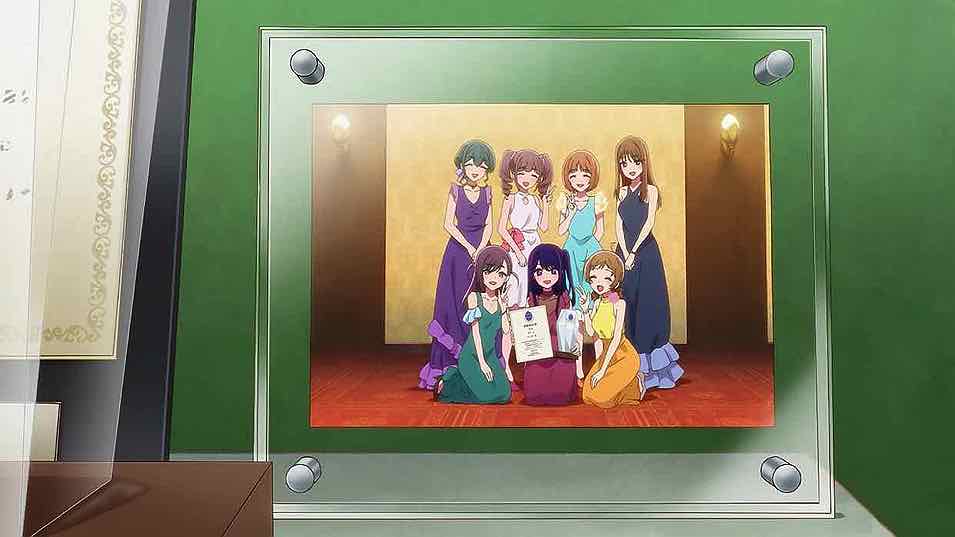 Aqua’s intentions make sense to me here, given that no one despises every atom of the idol trade more than I do. That said, even I can see this was a highly unethical and deeply scuzzy thing to do. Aqua has grown into quite a pill, generally. He’s quit acting, though he is working as Taishi’s apprentice. His interest in show biz is mainly to get close enough to whoever might be his father to ID them and enact his revenge. Meanwhile, Ruby gets scouted by an “underground idol” manager (if you imagine regular idols only scummier, that’s this section of the idol pie).
Aqua’s intentions make sense to me here, given that no one despises every atom of the idol trade more than I do. That said, even I can see this was a highly unethical and deeply scuzzy thing to do. Aqua has grown into quite a pill, generally. He’s quit acting, though he is working as Taishi’s apprentice. His interest in show biz is mainly to get close enough to whoever might be his father to ID them and enact his revenge. Meanwhile, Ruby gets scouted by an “underground idol” manager (if you imagine regular idols only scummier, that’s this section of the idol pie).
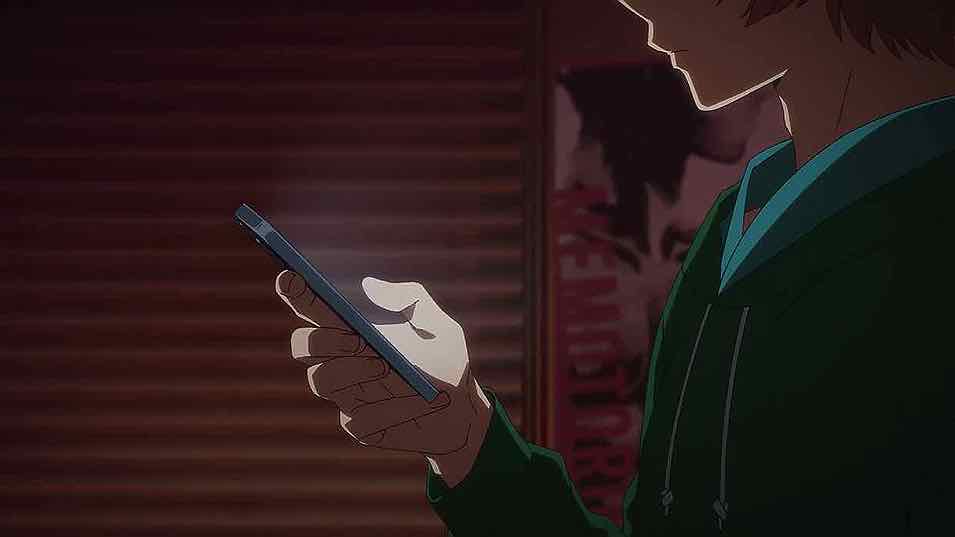 There’s one very crucial element to this dynamic that underpins what’s happening here. Stipulate to the whole reincarnation thing – because if you don’t, what’s the point – and the key is that Aqua has had the experience of being an adult, and Ruby has not. She went straight from being a child – and one who didn’t have anything close to a normal childhood – to being a baby. That’s exploited quite cleverly, to give Akasaka his deserved credit. Aqua and Ruby each embody the defects attendant to being an adult and a child, respectively (not that there isn’t crossover). He’s joyless and has no noble aspirations, and she’s naive and self-centered.
There’s one very crucial element to this dynamic that underpins what’s happening here. Stipulate to the whole reincarnation thing – because if you don’t, what’s the point – and the key is that Aqua has had the experience of being an adult, and Ruby has not. She went straight from being a child – and one who didn’t have anything close to a normal childhood – to being a baby. That’s exploited quite cleverly, to give Akasaka his deserved credit. Aqua and Ruby each embody the defects attendant to being an adult and a child, respectively (not that there isn’t crossover). He’s joyless and has no noble aspirations, and she’s naive and self-centered.
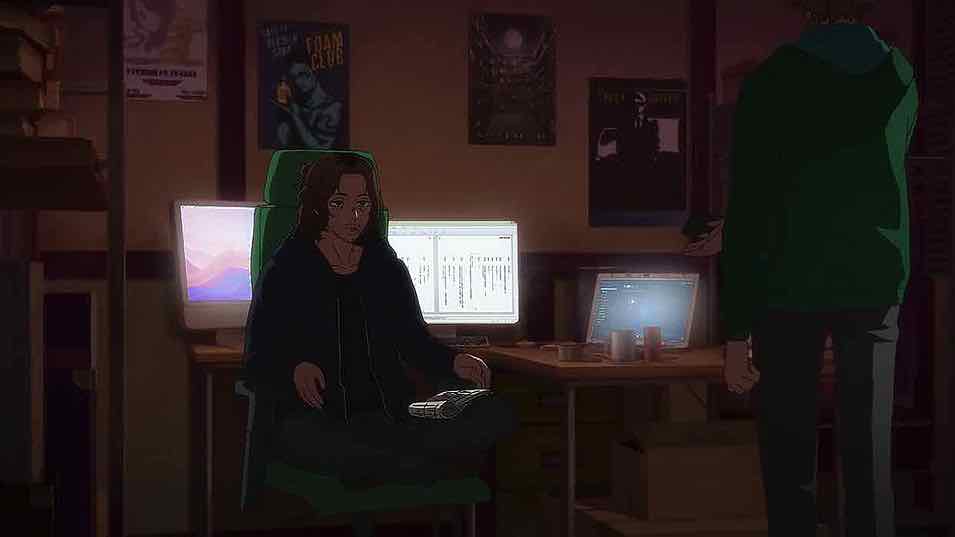 And here, dear readers, is where the rubber meets the fork in the road. Where does Akasaka go with all this? It’s obvious that he has a jaundiced view of the idol industry, which anyone with a shred of sense would. But it does play a bit snippy and personal here. The larger question hinges on the Ruby-Aqua dichotomy, though. Is Aqua being set up as the “you have to remember how to dream” exemplar – which would then imply a certain celebration of Ruby’s idealism? Or is Ruby headed for the hard fall a person in her position almost inevitably would be? That makes the most logical sense – I mean, the idol industry is every bit as horrible as Aqua says it is. But if it’s that straightforward, I sort of don’t get why Oshi no Ko exists in the first place. What story would it be telling, exactly?
And here, dear readers, is where the rubber meets the fork in the road. Where does Akasaka go with all this? It’s obvious that he has a jaundiced view of the idol industry, which anyone with a shred of sense would. But it does play a bit snippy and personal here. The larger question hinges on the Ruby-Aqua dichotomy, though. Is Aqua being set up as the “you have to remember how to dream” exemplar – which would then imply a certain celebration of Ruby’s idealism? Or is Ruby headed for the hard fall a person in her position almost inevitably would be? That makes the most logical sense – I mean, the idol industry is every bit as horrible as Aqua says it is. But if it’s that straightforward, I sort of don’t get why Oshi no Ko exists in the first place. What story would it be telling, exactly?
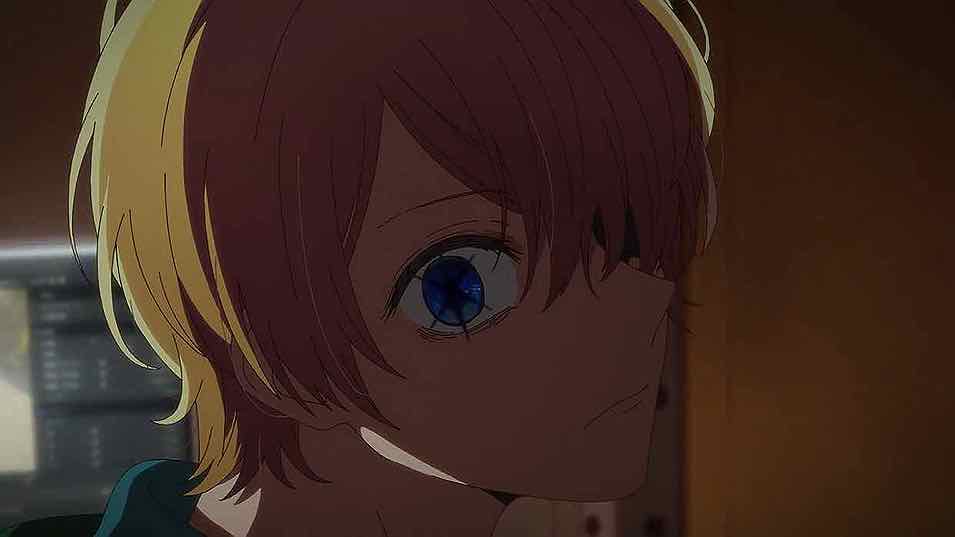 The thing, so far at least this is good enough to keep me interested in finding out. That whole sequence with Taishi and Aqua trying to make dramatic speeches and Taishi’s mom (Saitou Kimiko, six years younger than the guy playing her son) continually interrupting was really funny. And there are definitely some intriguing elements to this dynamic Akasaka has set up. But ultimately, if he sells out and Oshi no Ko winds up as yet another “good people on both sides” apologist take on the idol mafia, that will be a deal-breaker for me. You can tell a story which extolls the value of dreams without doing that – but it would really be threading the needle in near-miraculous fashion.
The thing, so far at least this is good enough to keep me interested in finding out. That whole sequence with Taishi and Aqua trying to make dramatic speeches and Taishi’s mom (Saitou Kimiko, six years younger than the guy playing her son) continually interrupting was really funny. And there are definitely some intriguing elements to this dynamic Akasaka has set up. But ultimately, if he sells out and Oshi no Ko winds up as yet another “good people on both sides” apologist take on the idol mafia, that will be a deal-breaker for me. You can tell a story which extolls the value of dreams without doing that – but it would really be threading the needle in near-miraculous fashion.


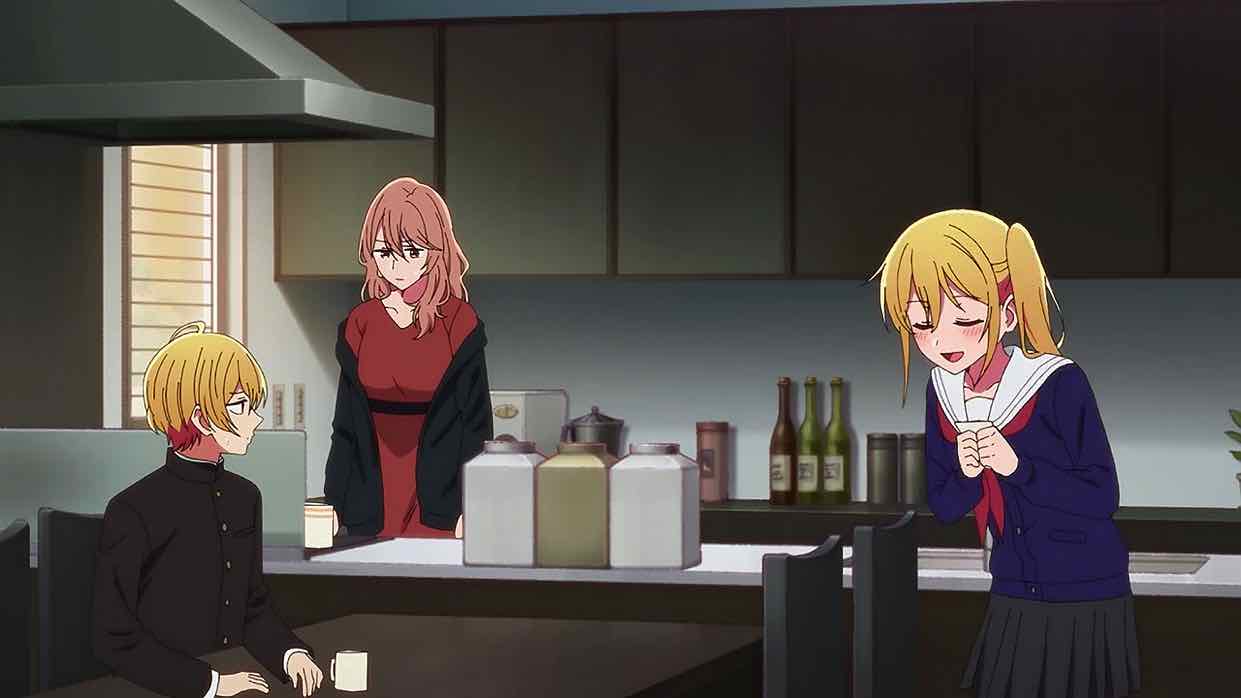
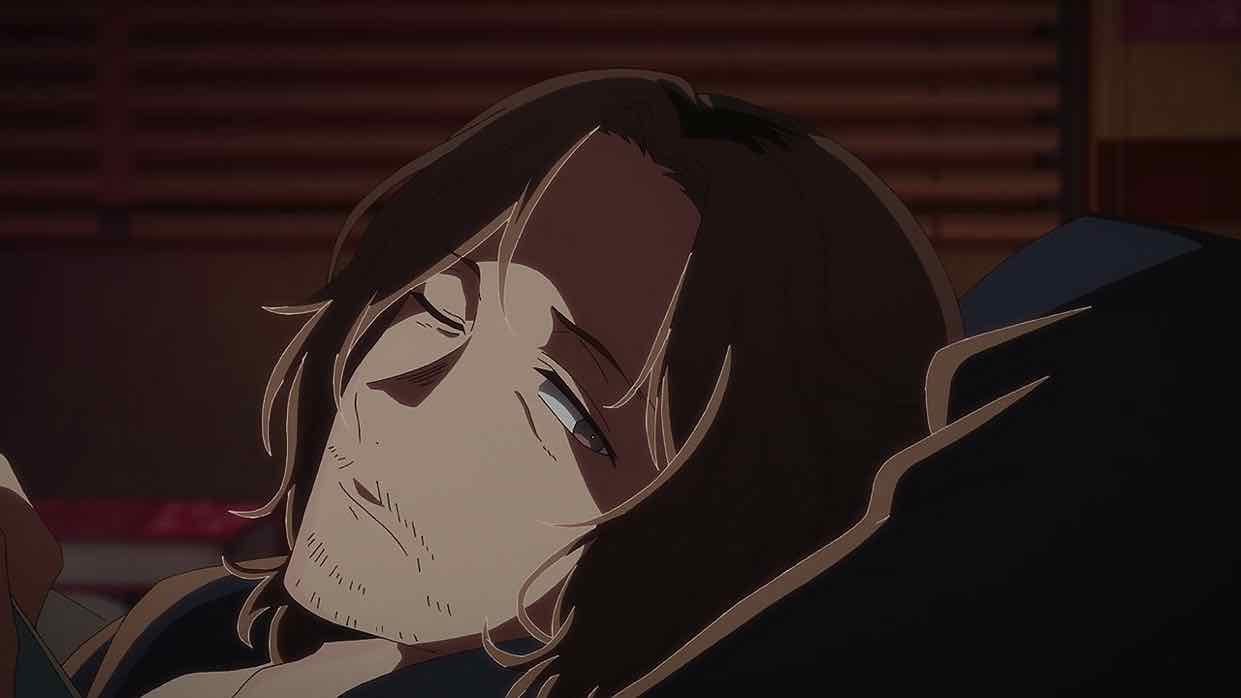
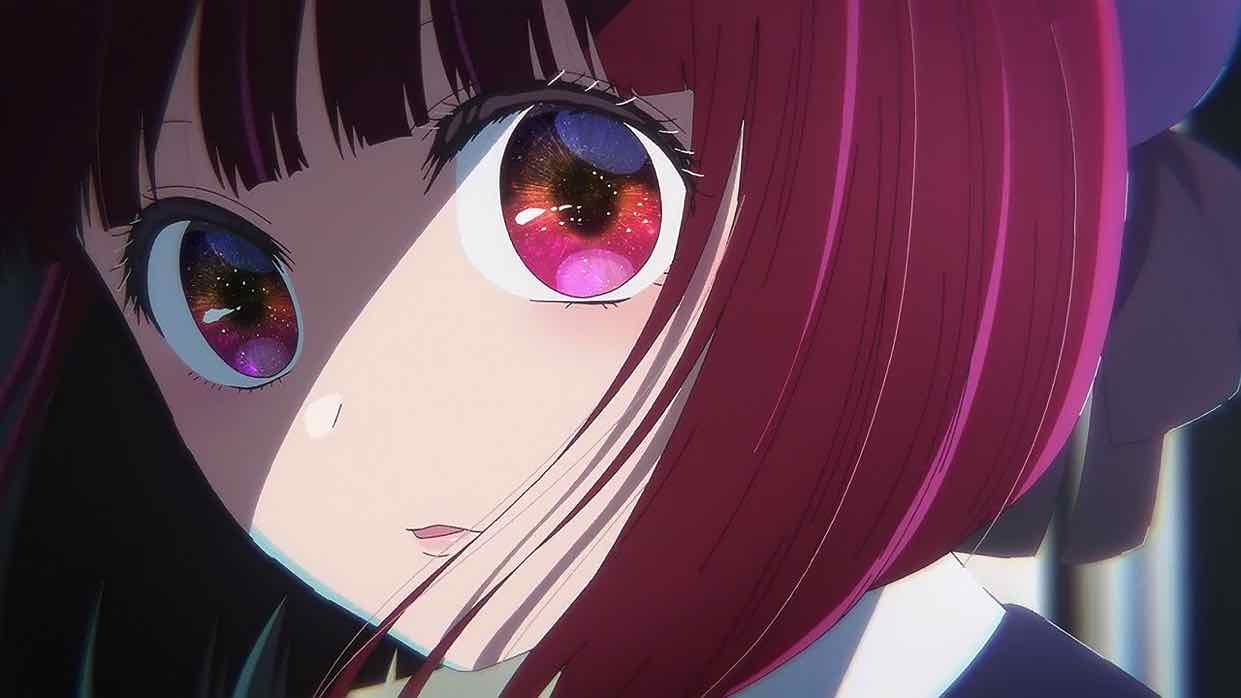
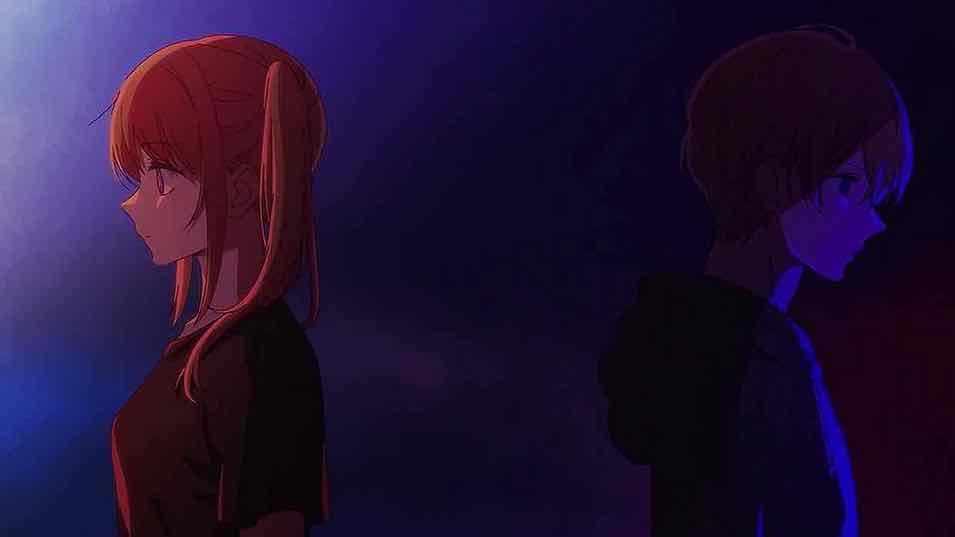
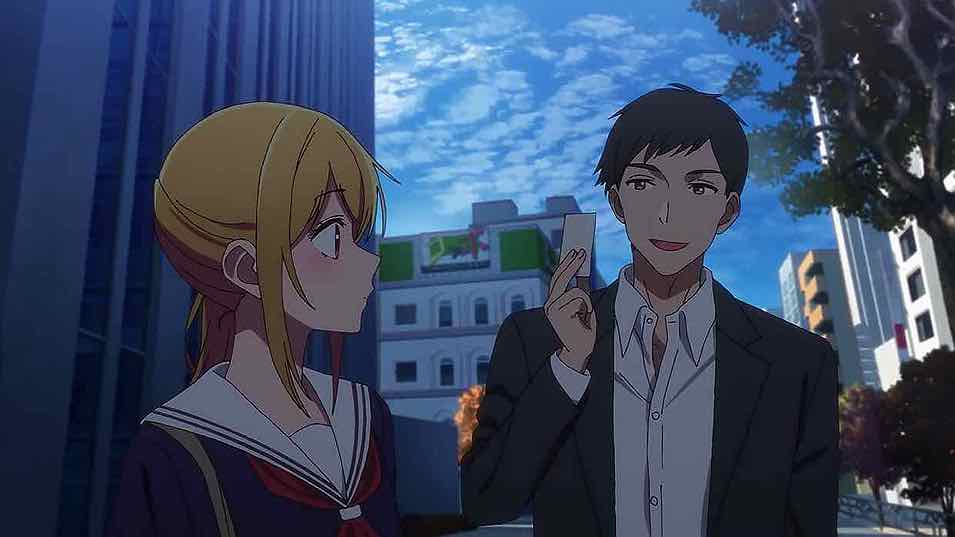
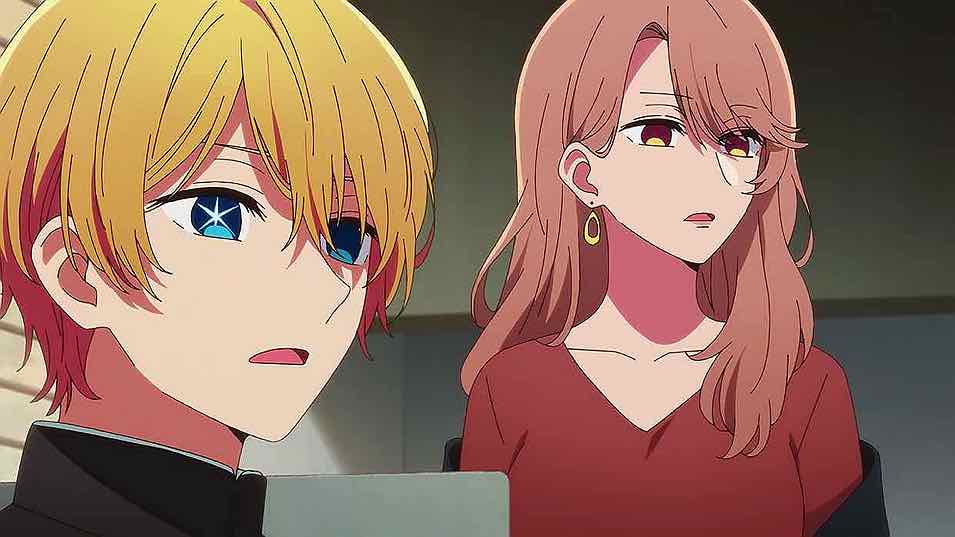
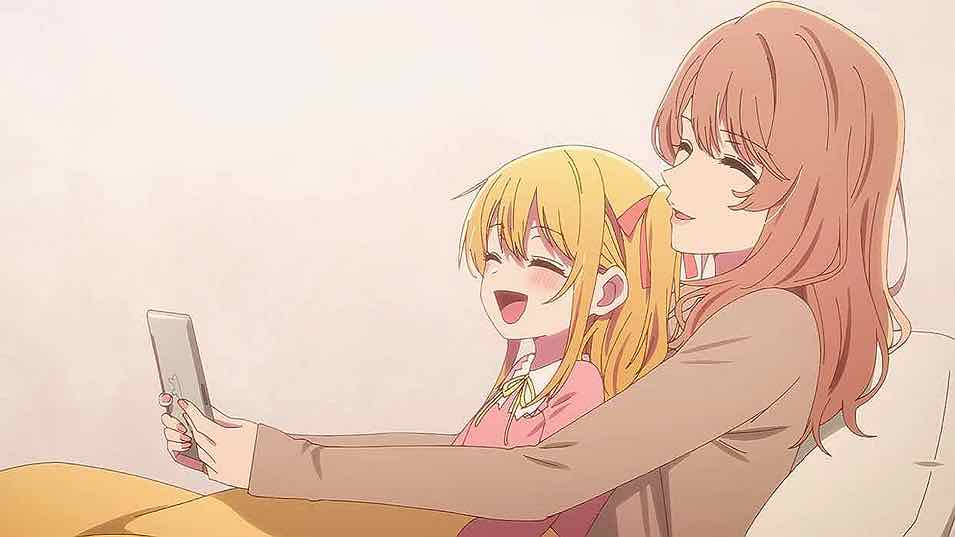
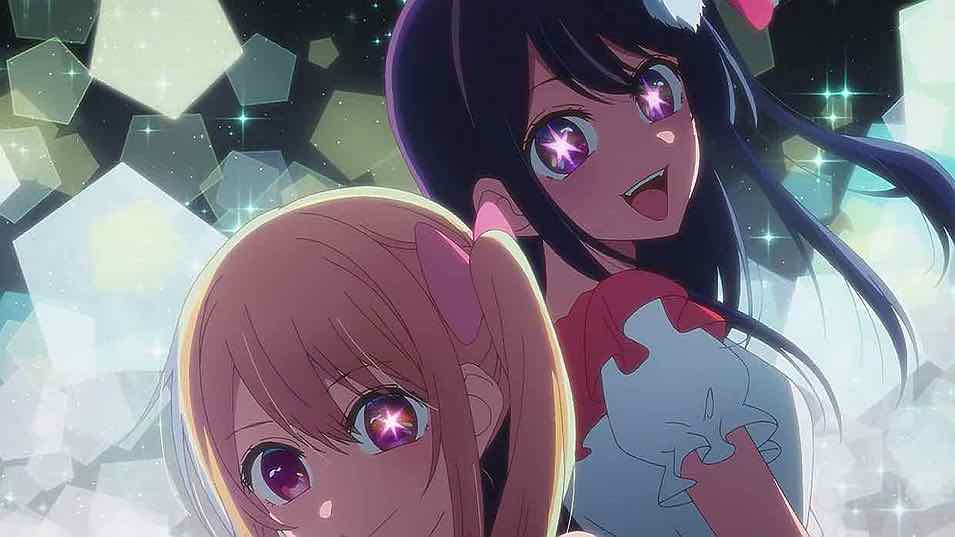
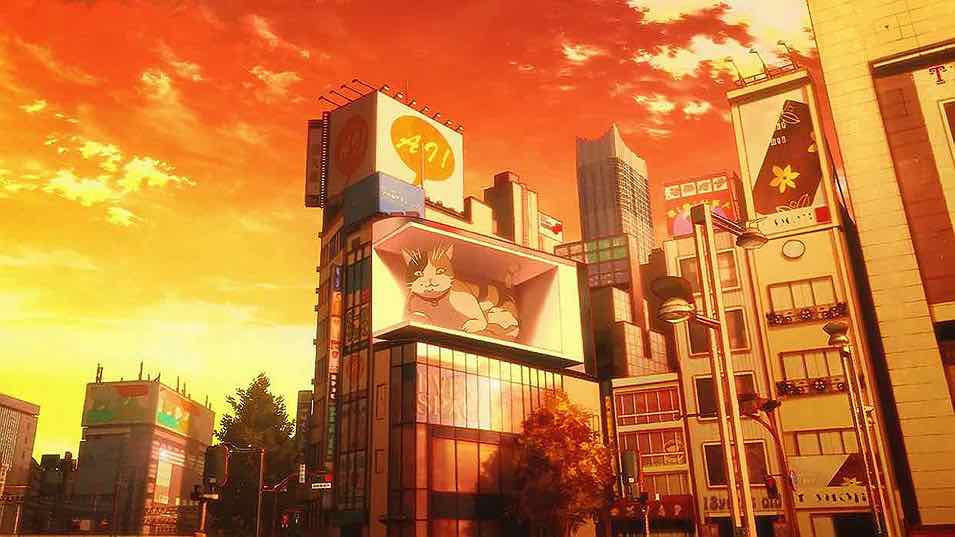
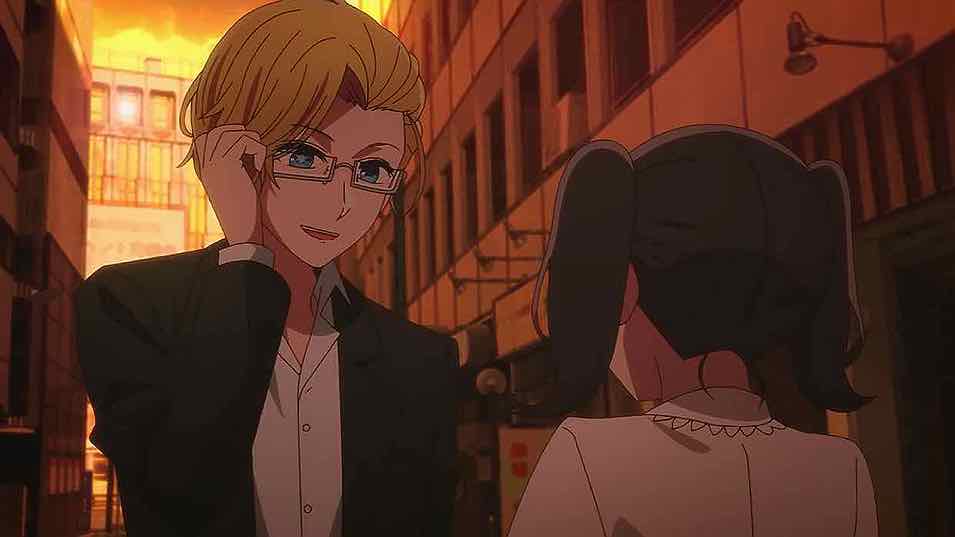
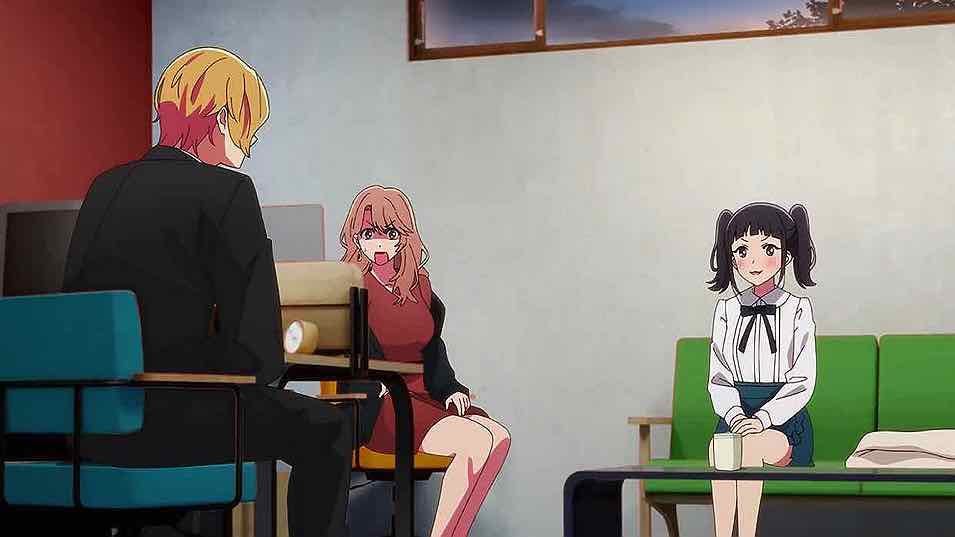
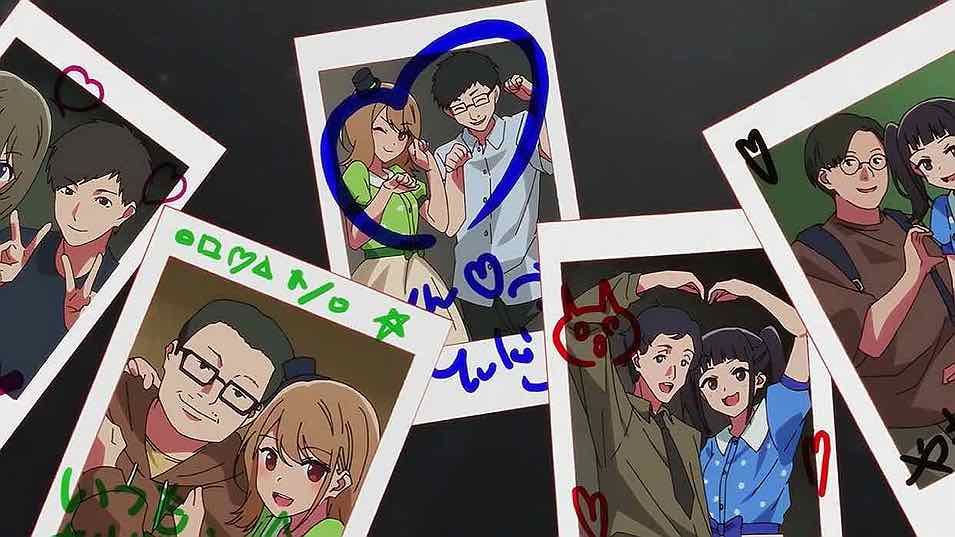
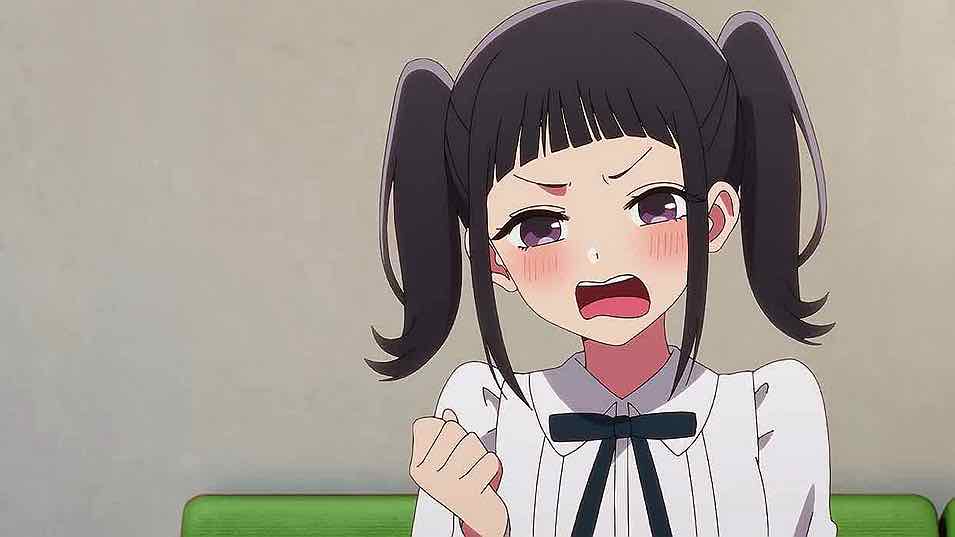
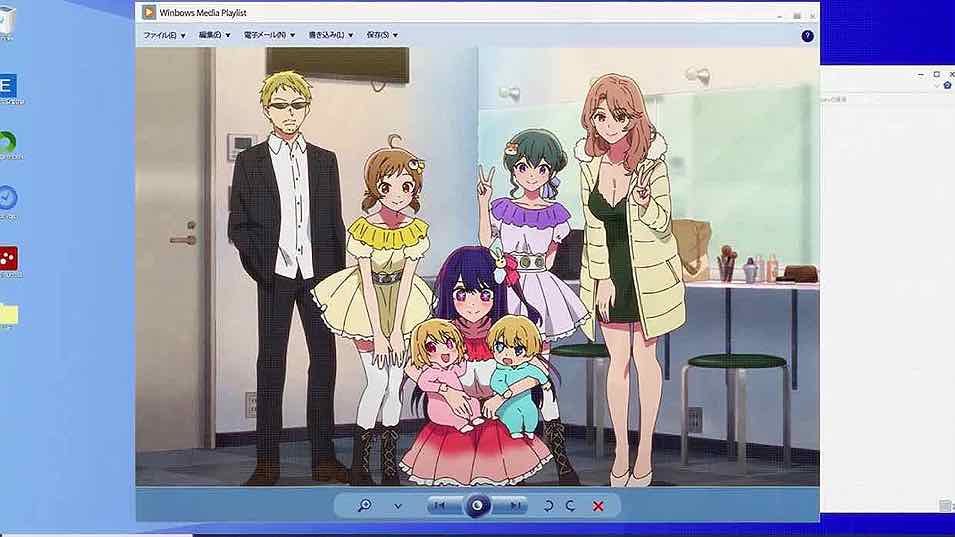
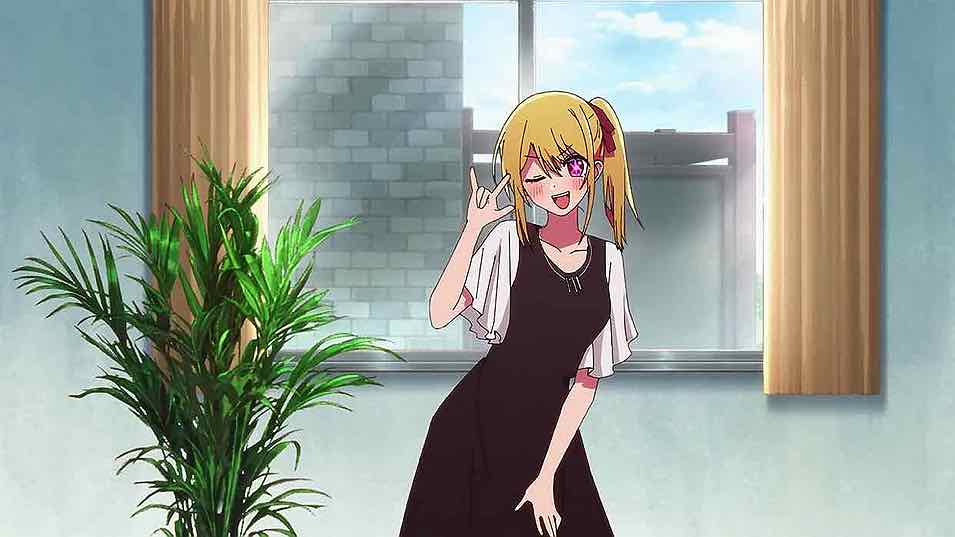
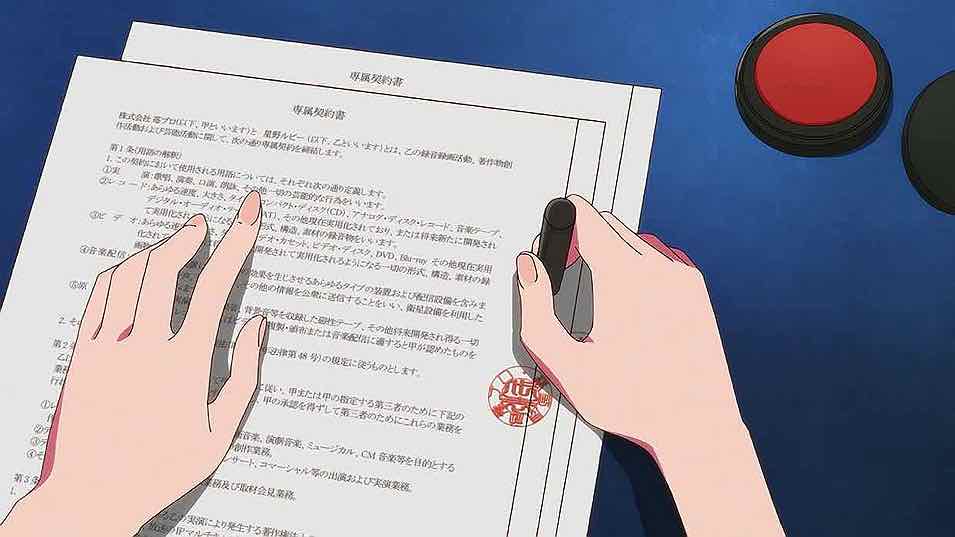
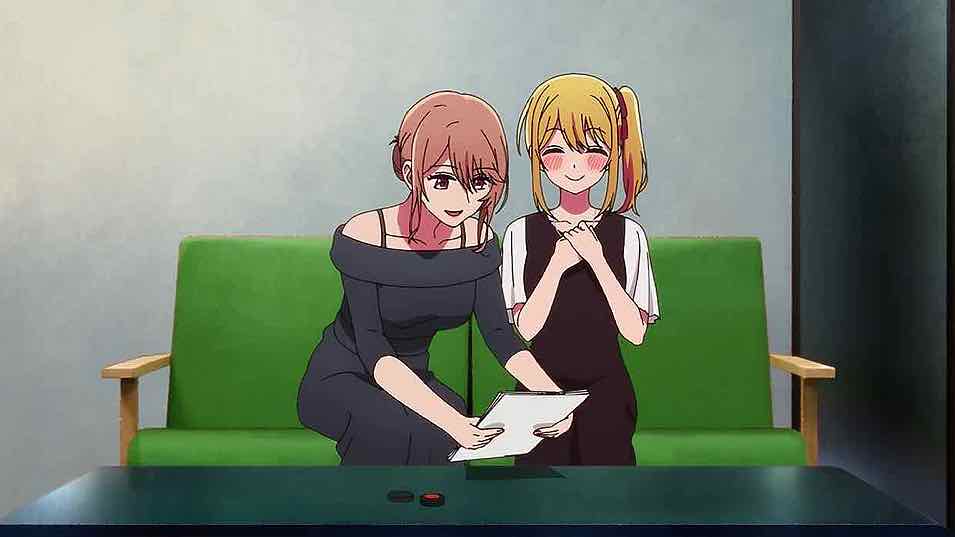
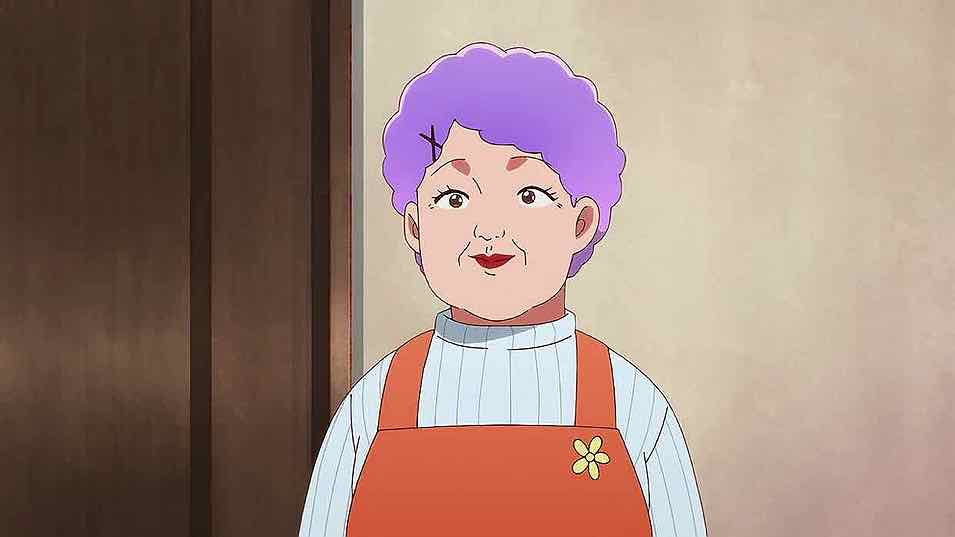
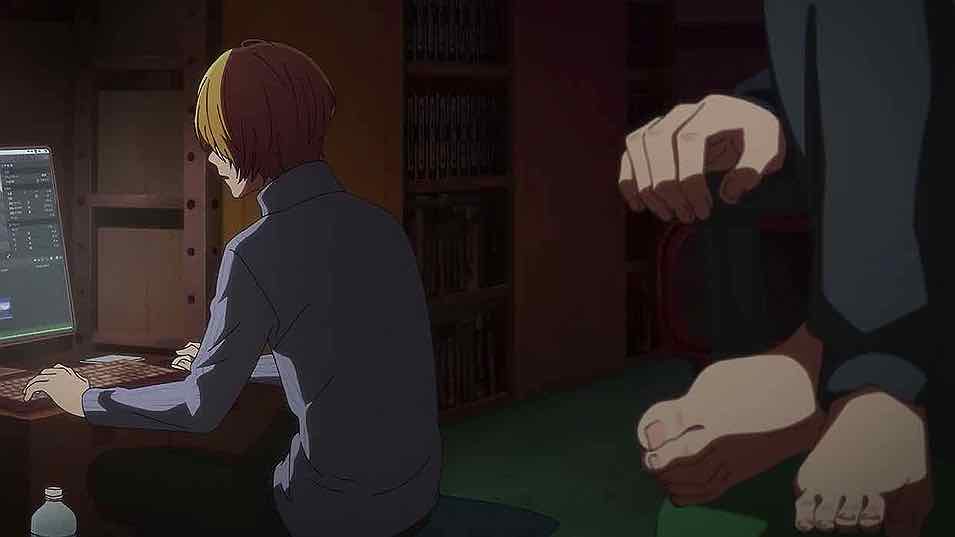
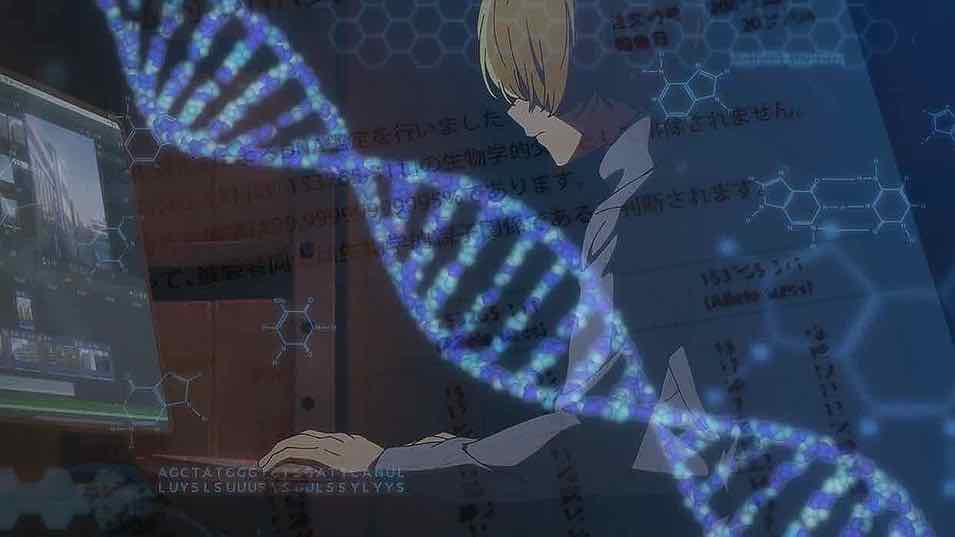
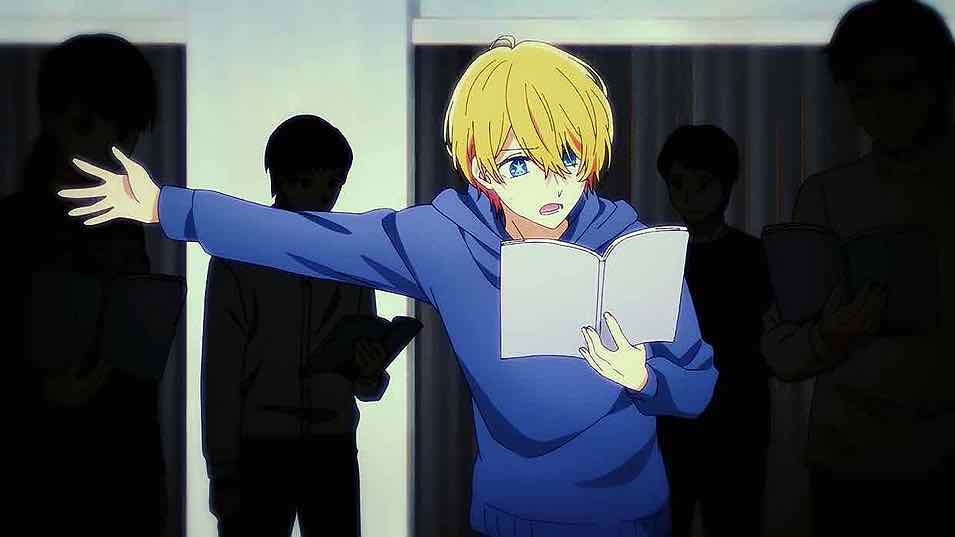
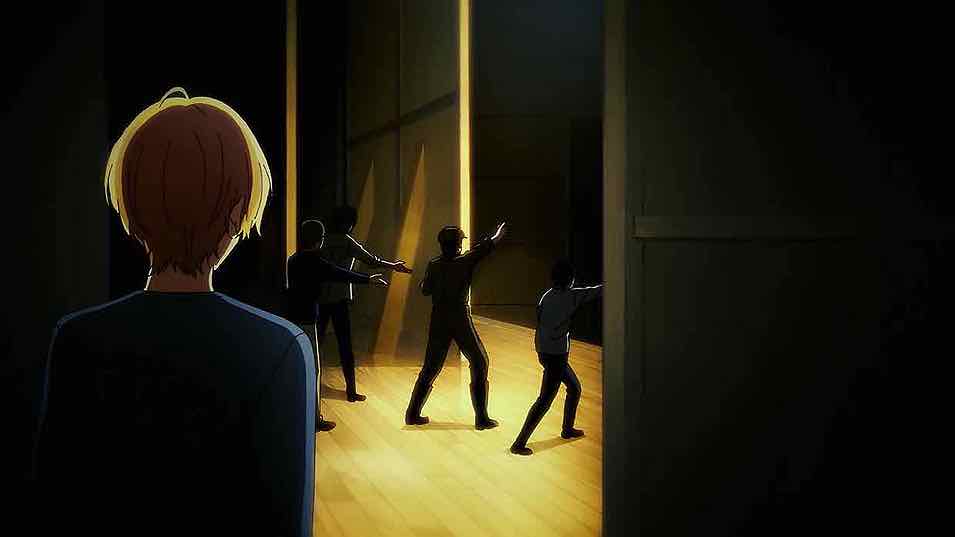
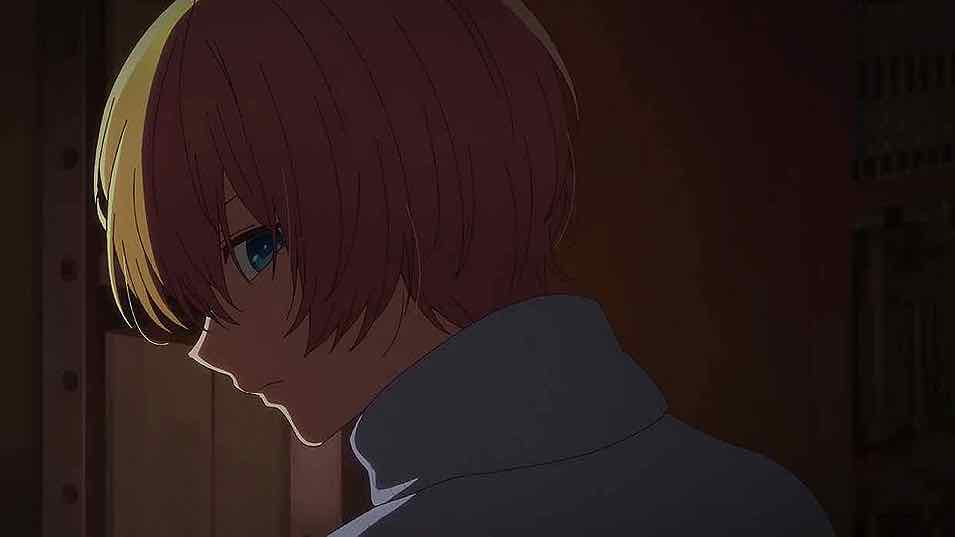
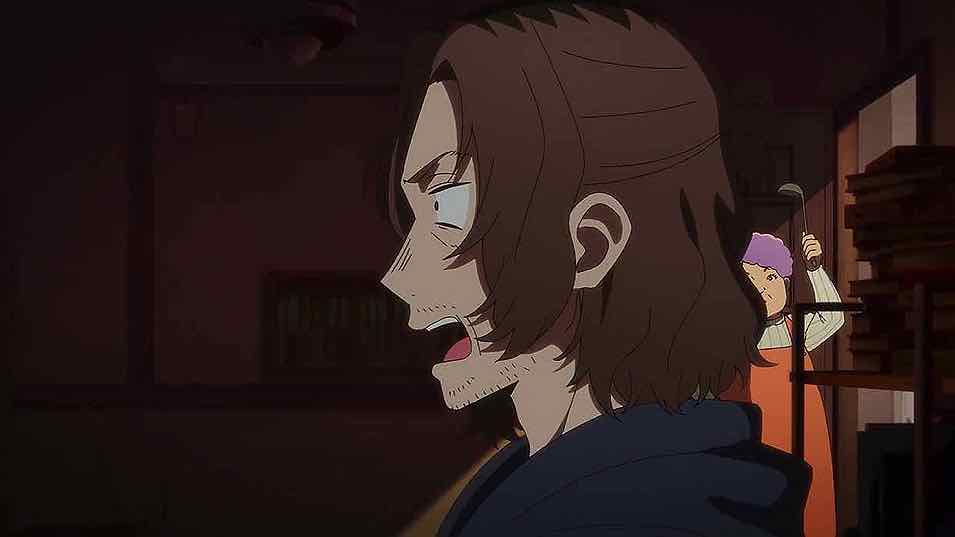
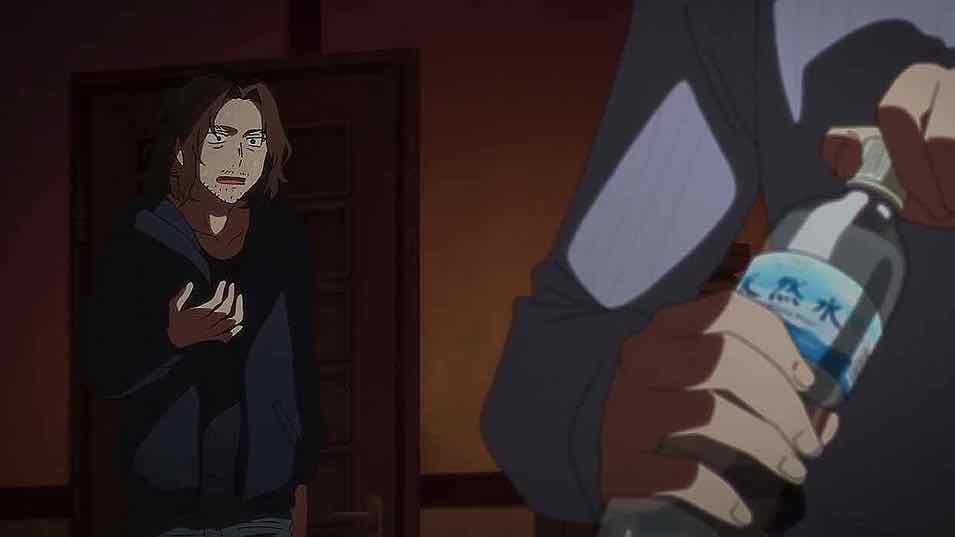
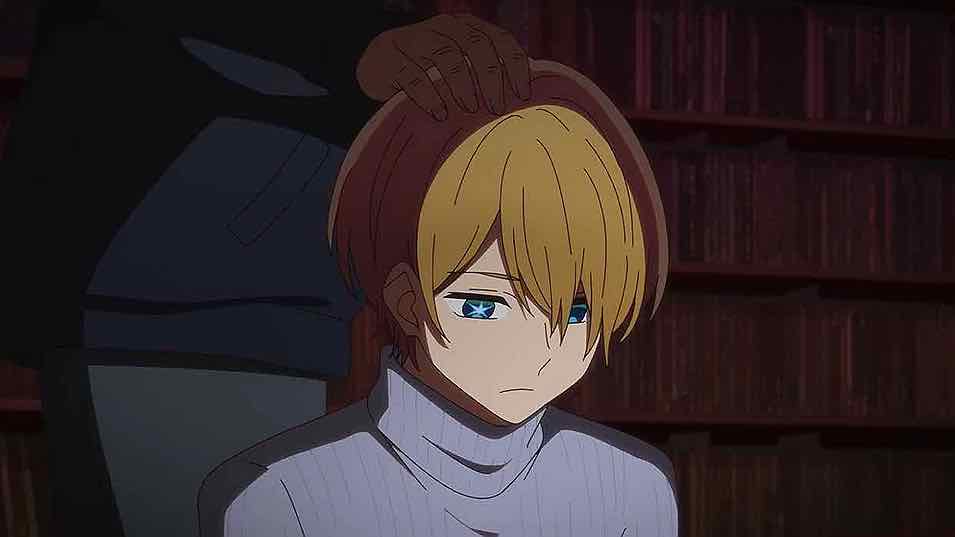
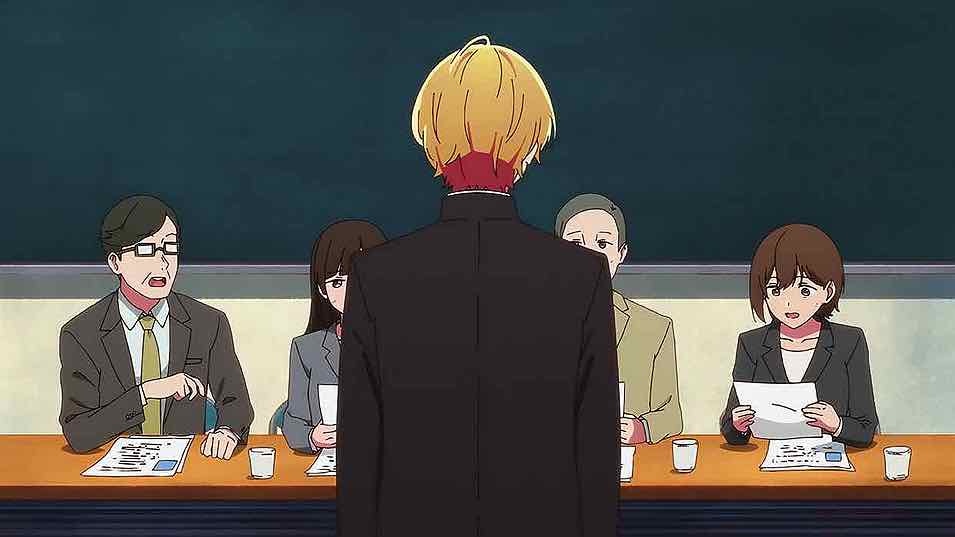
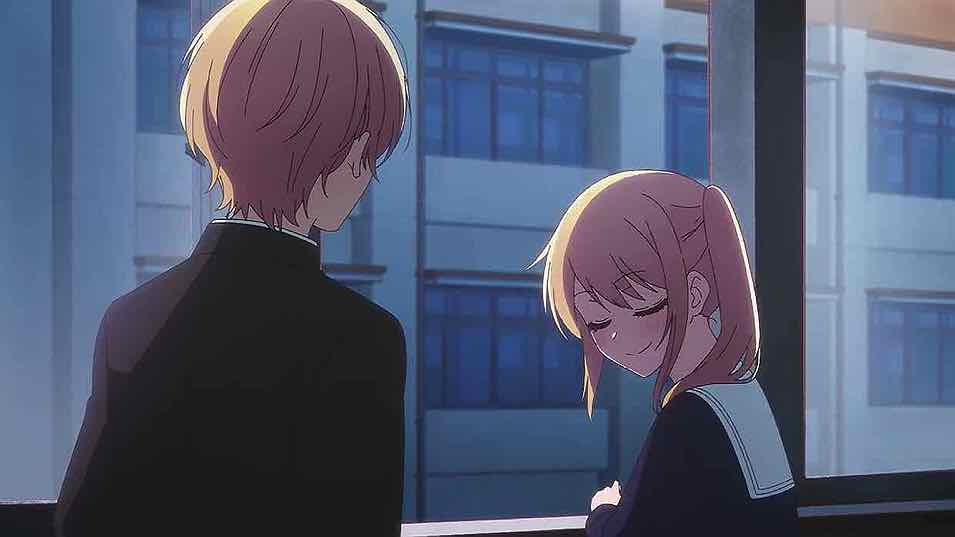
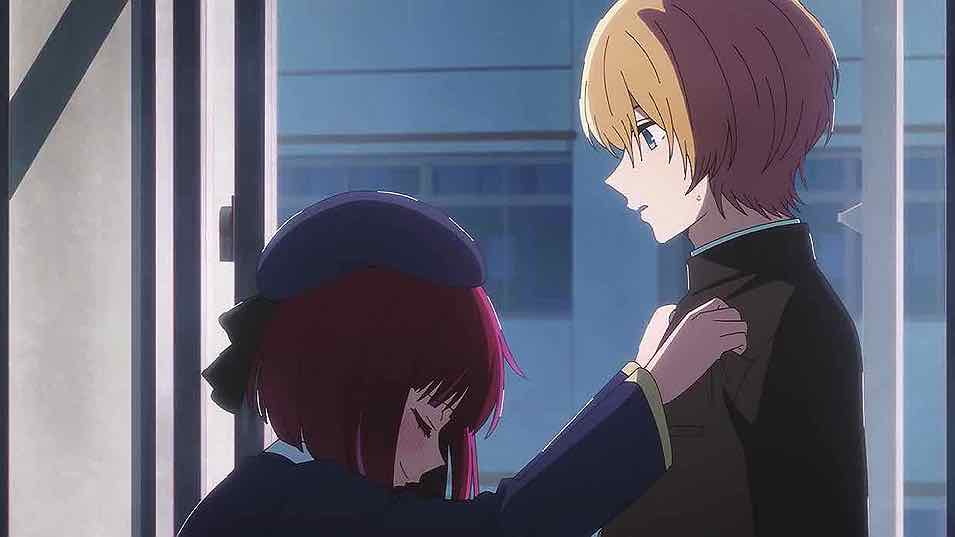
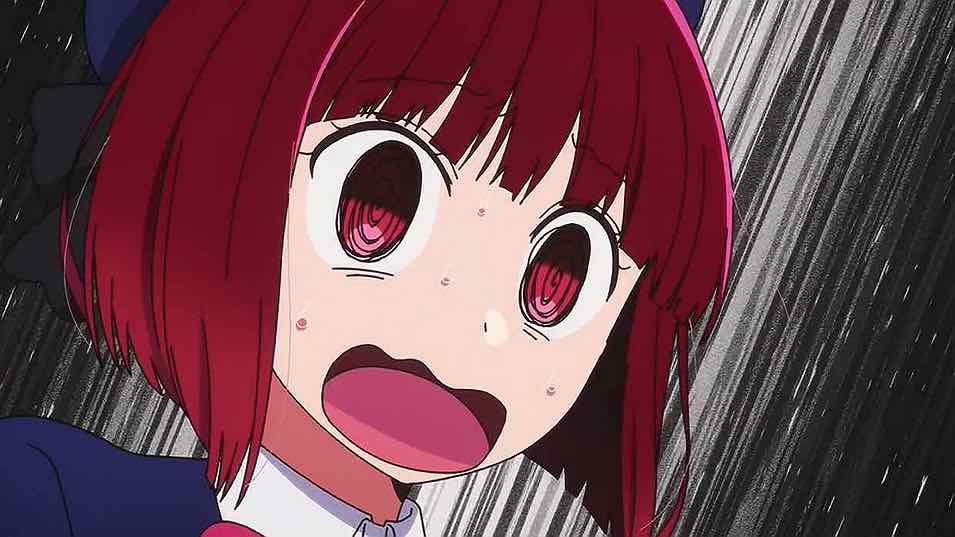
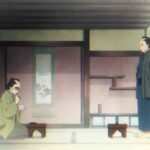

Joshua
April 23, 2023 at 12:30 pmI suppose you’re referring to Paripi with that “good people on both sides” comment? It’s not enough to just say that the idol industry is bad and made up of lies. There needs to be substance that goes into that argument, or else it comes off as incredibly shallow, because otherwise, it ends up being a defense of the status quo (“idol industry is bad, but there are pure idols that are there that just want to make people happy!”).
No surprise that AMC Networks would immediately boast about this show following its premiere, proclaiming that this led to the largest bump in subscriptions and trials for HiDive in the history of the service with the premiere being the service’s most watched episode. Though it’s strange that you never heard any other PR accolades regarding other acclaimed shows that AMC picked up like Made in Abyss s2, Yofukashi, Eminence in Shadow (that ended up being one of the most pirated shows of the year lmao) or that accursed Akiba Maid Sensou show last year.
The last time I heard AMC make such kneejerk PR statements last year was when they proclaimed that Better Call Saul’s finale led to the largest bump in subscriptions and viewership for their crummy AMC+ app and “the #1 acquisition driver in the history of AMC+”, even though the app itself was a buggy POS that caused massive outages on the airing day of the series finale, and it would’ve shown up on Netflix anyways sometime later. A lot of PR spin there. And then they did the same with that Anne Rice show a few months later: https://variety.com/2022/tv/news/interview-with-the-vampire-ratings-walking-dead-amc-plus-1235396270/
Guardian Enzo
April 23, 2023 at 1:39 pmI have no idea what that Paripi thing is in reference to, but I was referring back to an event in America a few years ago (Charlottesville).
Joshua
April 23, 2023 at 8:39 pmWas referring to Paripi Koumei (or Kongming) when you were talking about that. It would be a shame if this chickened out with a status quo ending like that series, where despite having good points about why the idol industry is bad, it insists that there are still good people working in it and it’s the bad people going too far who need to be removed, so it must be preserved without taking on the systemic issues. Seen this mentality too much in superhero films lately.
Guardian Enzo
April 23, 2023 at 9:38 pmAhh, OK. But in the final analysis I don’t really consider Pairpi an idol series, it’s about the music business. And while it also has plenty to be ashamed of it’s definitely not the same thing.
Joshua
April 24, 2023 at 6:41 amIt still leads to a conclusion that I worry that Oshi no Ko will also take: that that status quo must be upheld in the idol industry like I described above.
Guardian Enzo
April 24, 2023 at 7:38 amWell yah, that would suck.